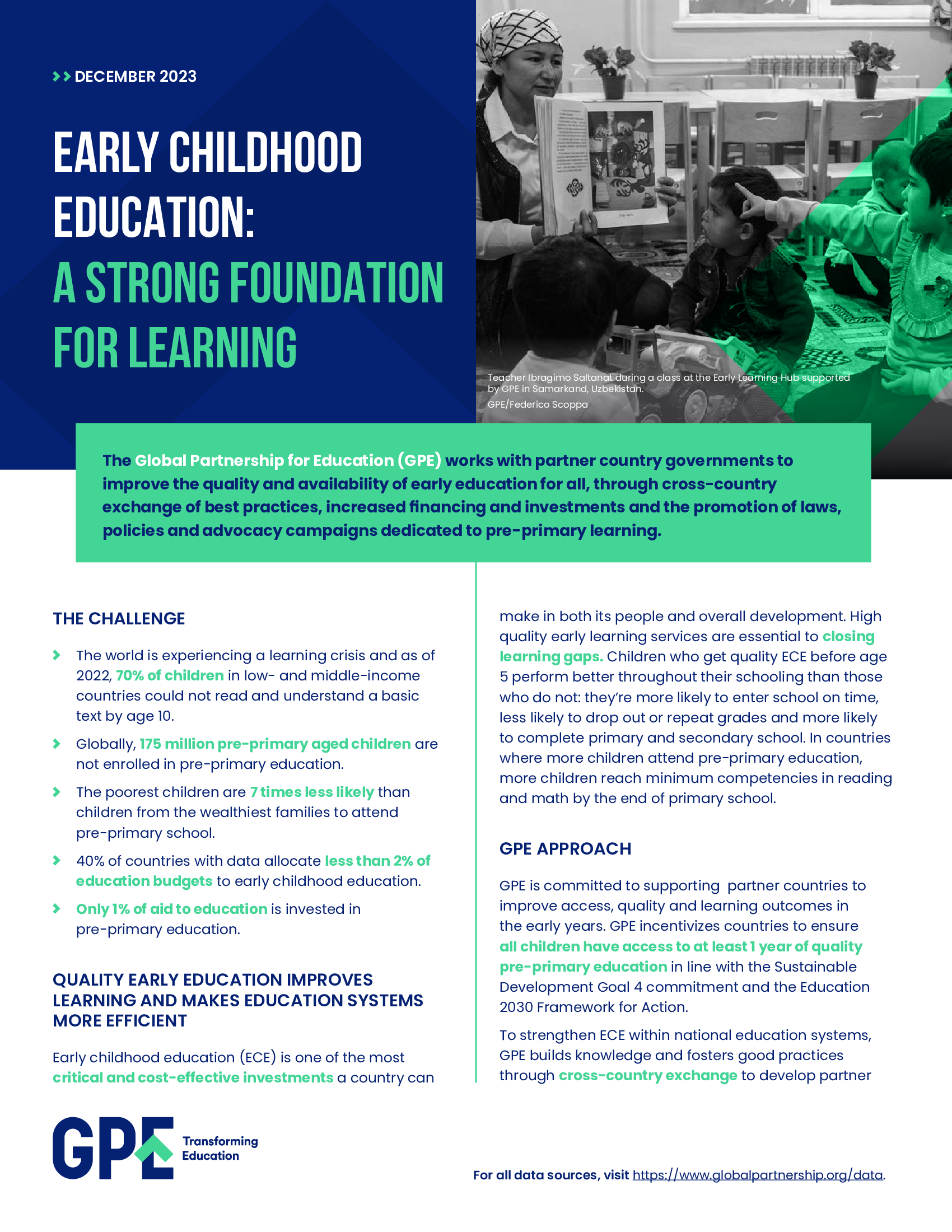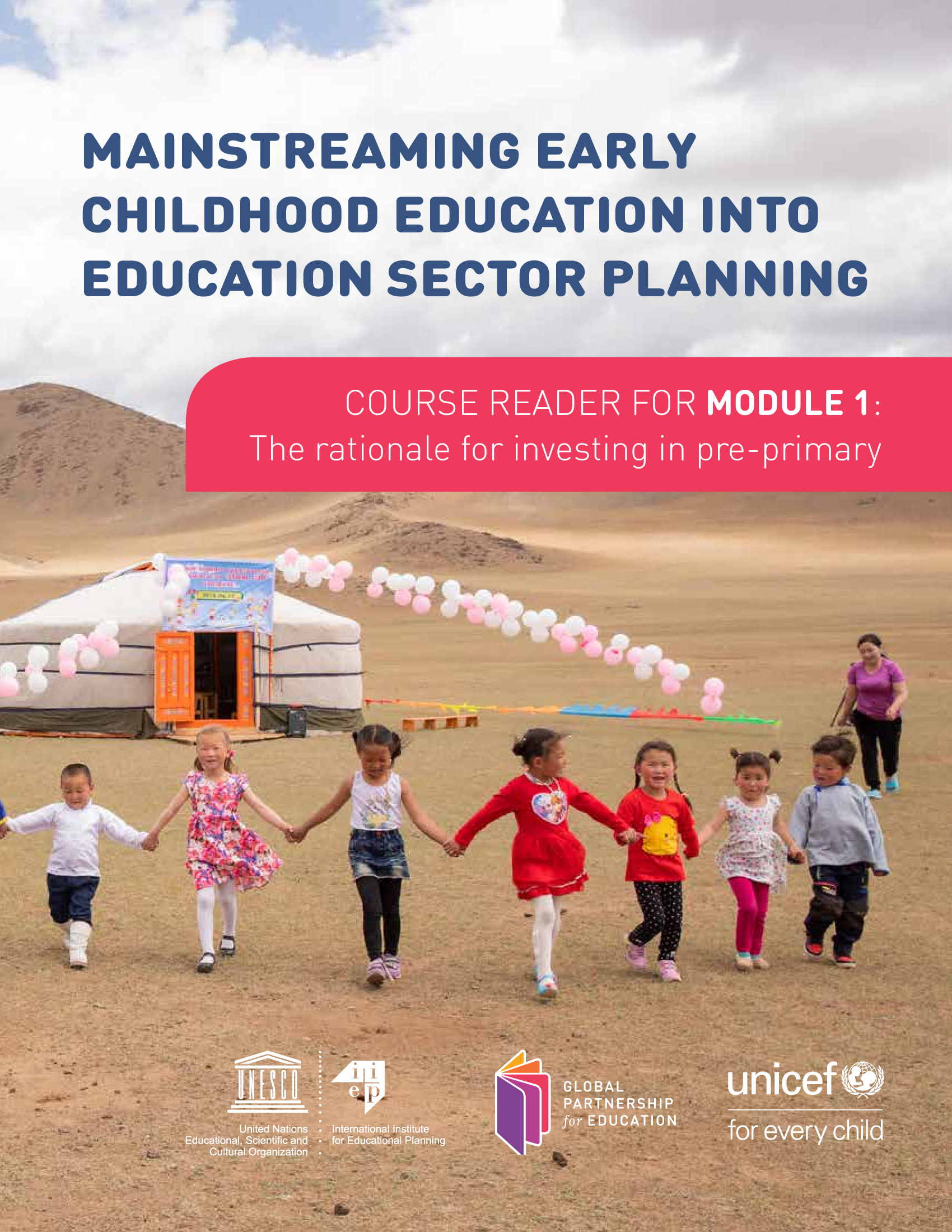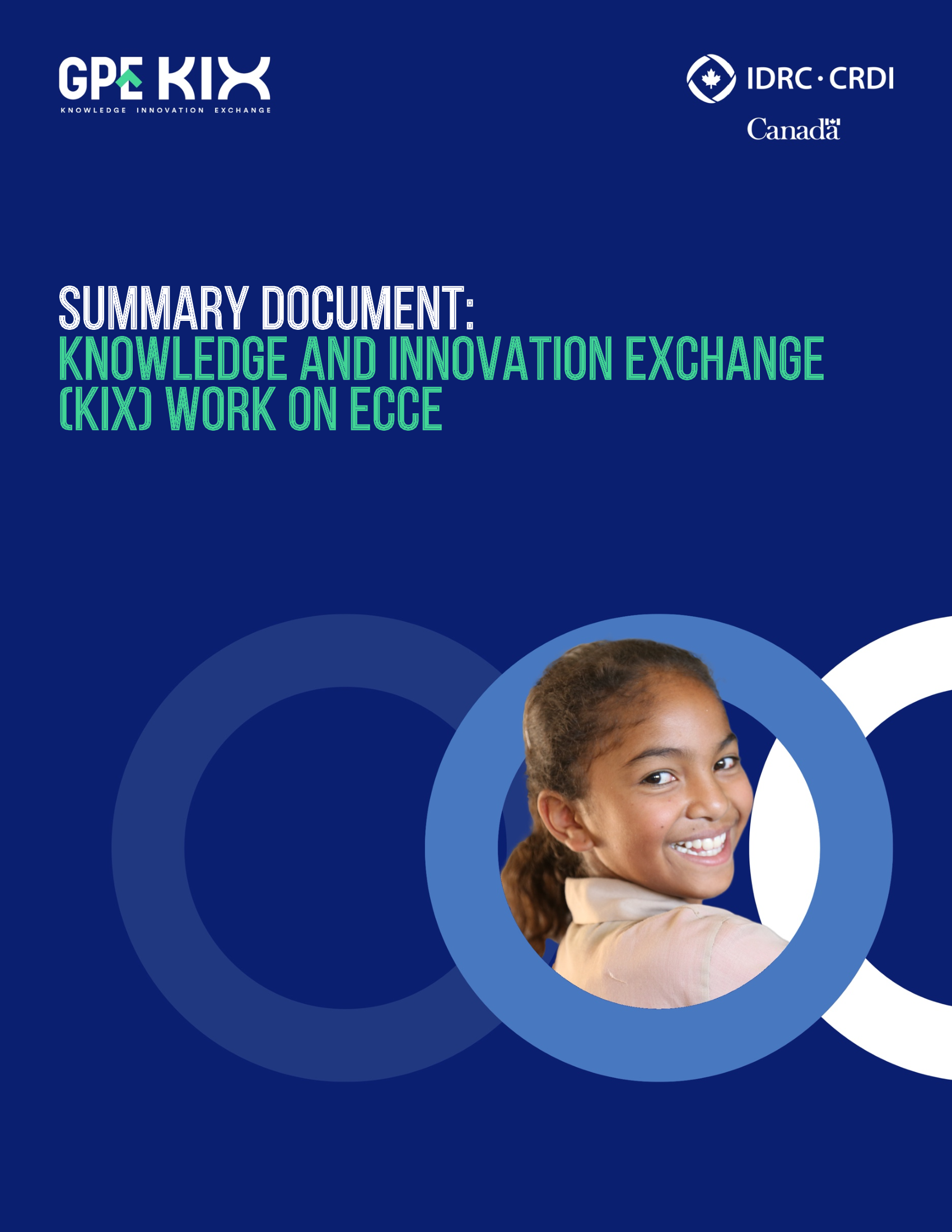Our results
GPE in action
GPE supports governments to improve access to quality early learning opportunities by:
Supporting early learning sector planning and analysis: GPE strengthens countries’ capacity to effectively plan, develop and implement quality early learning programs.
- KIX is financing global and regional research related to scaling alternate models for early learning. Several other KIX grants are supporting early learning, making it one of the largest areas of focus under KIX.
- In collaboration with the LEGO Foundation and the International Development Research Centre, GPE launched 5 research initiatives in 2022 focused on sub-Saharan Africa. They explore how play-based learning and innovative pedagogies can improve children’s development and learning, as well as provide insights into how parents, educators and governments can best support early learning.
Mobilizing and delivering funding: Through its grants, GPE supports increased financing to early learning in partner countries and promotes domestic and international investments in early learning across the partnership. Early learning components in GPE grants can go up to more than US$35 million.
Expanding early learning enrollment: GPE supports partner countries' initiatives to launch new laws, policies, public awareness campaigns and financial incentives to increase the number of children in pre-primary education.
Better Early Learning and Development at Scale - BELDS
GPE and UNICEF joined forces under the BELDS Initiative to strengthen countries’ capacity to effectively plan, develop, and implement quality ECE programs at scale.
BELDS was funded by GPE with support from the Open Society Foundation, Comic Relief, Hilton Foundation and Dubai Cares. A scale-up of the BELDS work financed by a KIX global grant is now underway.
- 4 partner countries engaged in capacity building activities in 2019-2020: Kyrgyz Republic, Ghana, Lesotho, and Sao Tome and Principe. Under KIX, BELDS capacity building activities are continuing in Kyrgyz Republic and Lesotho and also include Sierra Leone, South Sudan, and Tajikistan.
- Through BELDS, the ECE Accelerator toolkit was developed and launched.
- Cross-country peer learning and exchanges promoted best practices, lessons learned and collaboration between countries.
- An online course - Mainstreaming early childhood education into education sector planning was developed.
An independent evaluation of BELDS found it successful in equipping ministries with capacity, knowledge and resources to mainstream ECE and in raising the profile of early childhood education in sector plans and policies.


